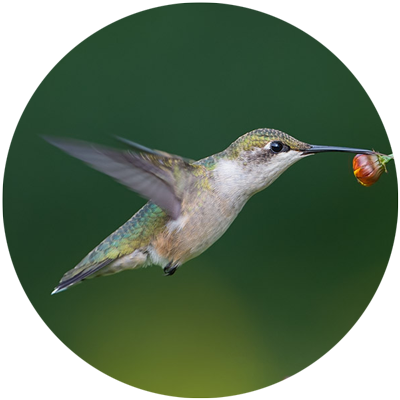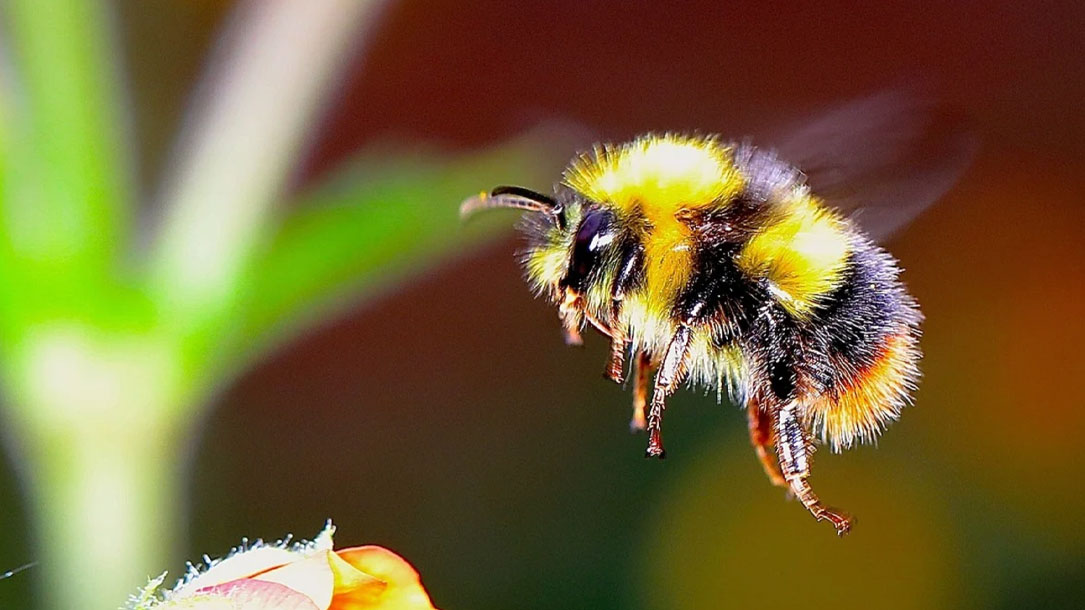
Climate change contributes to widespread declines among bumble bees across continents
“One aspect of climate change is an increasing number of days with extreme heat. [Research scientists] analyzed a large dataset of bumble bee occurrences across North America and Europe and found that an increasing frequency of unusually hot days is increasing local extinction rates, reducing colonization and site occupancy, and decreasing species richness within a region..”
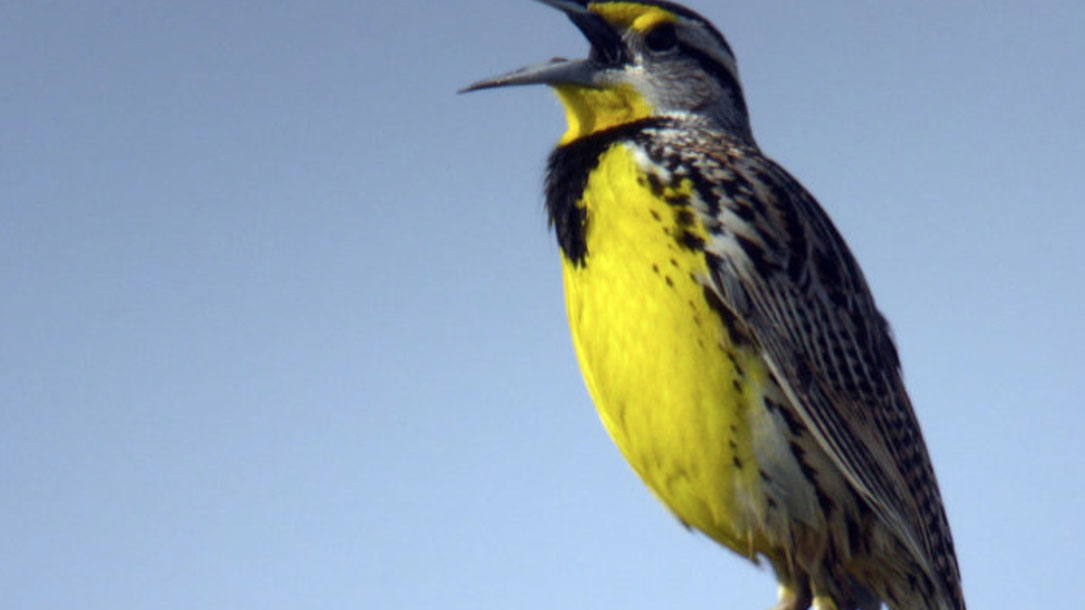
The mystery of why 2.9 billion birds have disappeared from the US in 50 years
“The news dropped like a bombshell. Over the past 50 years, 2.9 billion birds have disappeared from North America. One out of every four birds is gone. A team of international scientists under the auspices of the Cornell Lab of Ornithology analyzed the data and released their findings this summer. What on earth happened?
It’s complicated. The simplest answer is that humans just take up a lot of room. Fifty years ago, the U.S. population barely topped 200,000,000. Nowadays, there are more than 329,000,000 of us…”
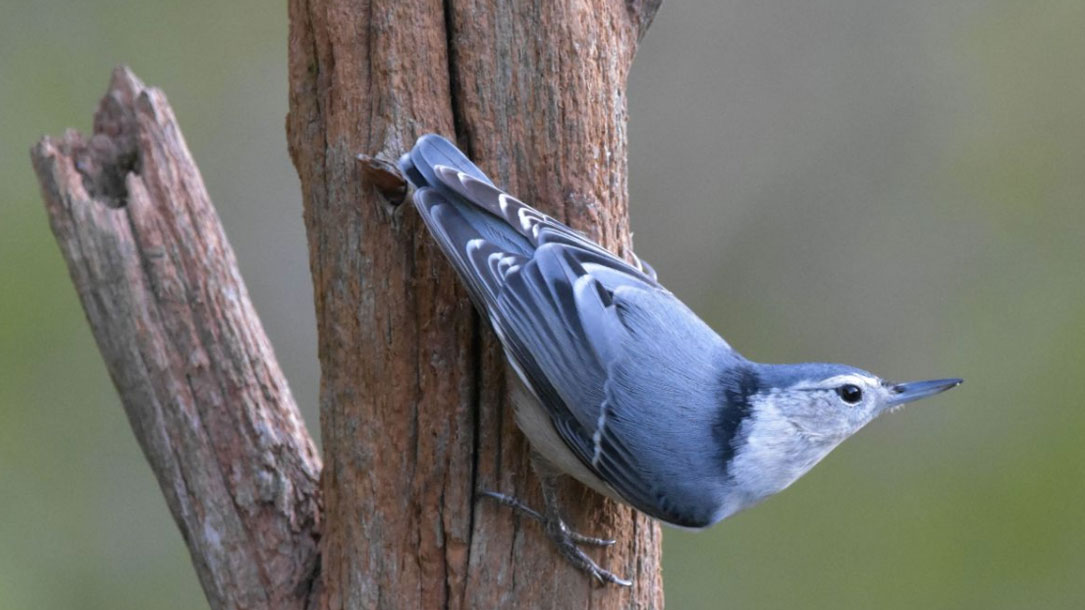
New studies look at how climate change is impacting migratory birds
Migrating birds may not be keeping up with the rapidity of climate change in our era. Another headline-grabbing study, released in mid-2019, documented the disappearance of 1.9 billion birds from North America over the last 50 years. Many factors are contributing to this alarming decline, but climate change is clearly one of them. Since humans began recording annual temperatures, 17 of the 18 hottest years on record happened during the first 18 years of this century, according to both NASA and NOAA…
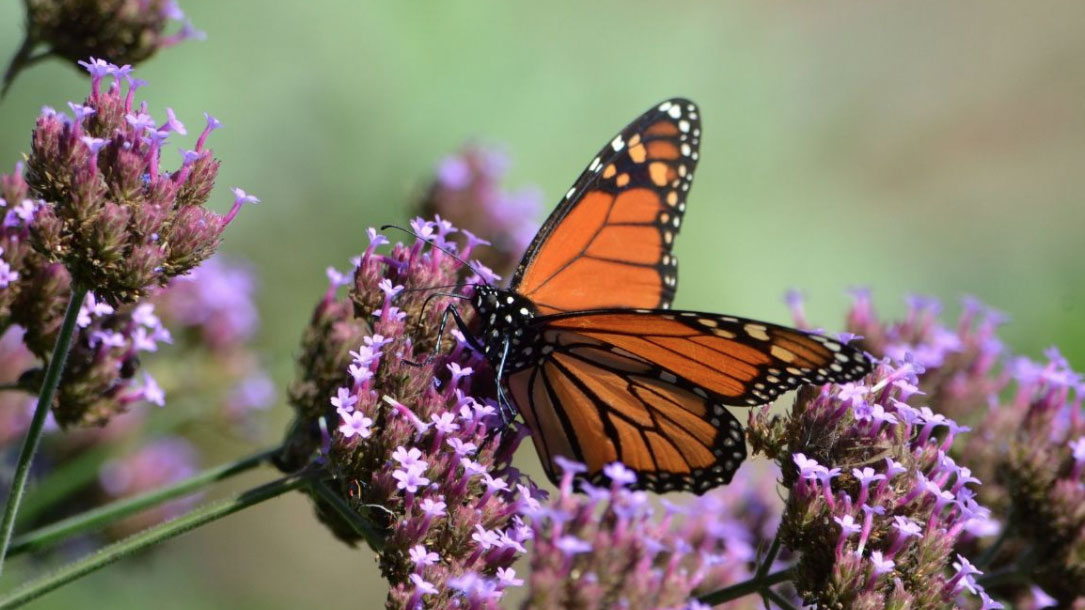
Mysterious monarch migrations may be triggered by the angle of the sun
The new study adds “an important piece to the puzzle” of butterfly migration—and potential decline, says Anurag Agrawal, an ecologist at Cornell University…
Nailing down this “window” for successful migrations could help conservationists assess how external factors—including climate change—affect monarchs on this perilous trip, says Andrew Davis, an animal migration ecologist at the University of Georgia in Athens who praises the “incredible amount of effort” put forth by researchers and volunteers…

Two-thirds of North American birds are at increasing risk of extinction from global temperature rise
By stabilizing carbon emissions and holding warming to 1.5°C above pre-industrial levels, 76 percent of vulnerable species will be better off, and nearly 150 species would no longer be vulnerable to extinction from climate change.
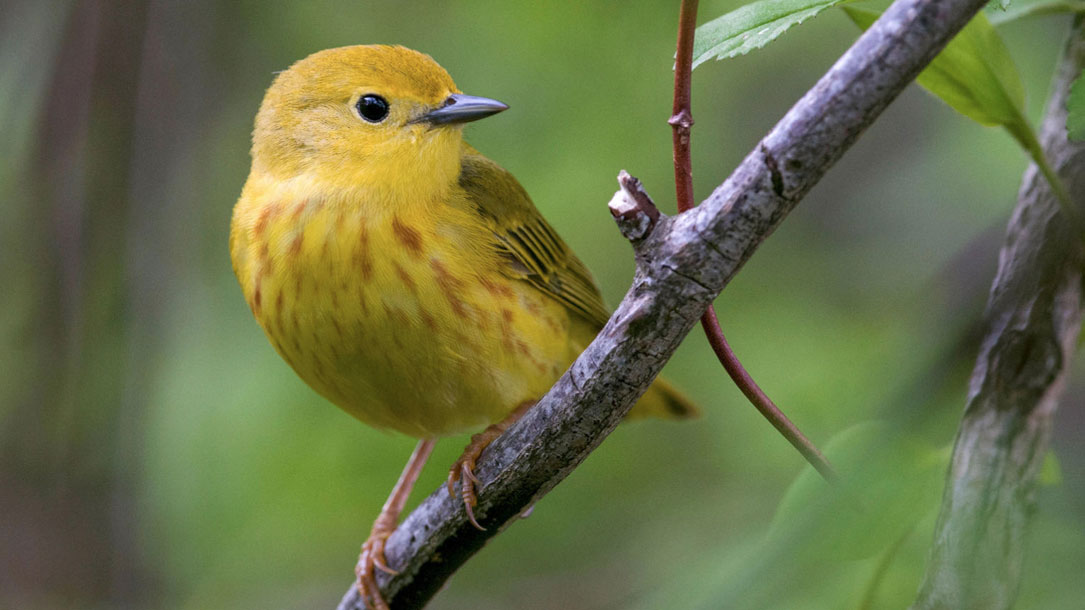
New Audubon Science: Two-Thirds of North American Birds at Risk of Extinction Due to Climate Change
NEW YORK (October 10, 2019) – Today, the National Audubon Society announced a groundbreaking climate report, Survival by Degrees: 389 Bird Species on the Brink. “Two-thirds of America’s birds are threatened with extinction from climate change, but keeping global temperatures down will help up to 76 percent of them. There’s hope in this report, but first, it’ll break your heart if you care about birds and what they tell us about the ecosystems we share with them. It’s a bird emergency,” said David Yarnold, (@david_yarnold), CEO and president of Audubon…
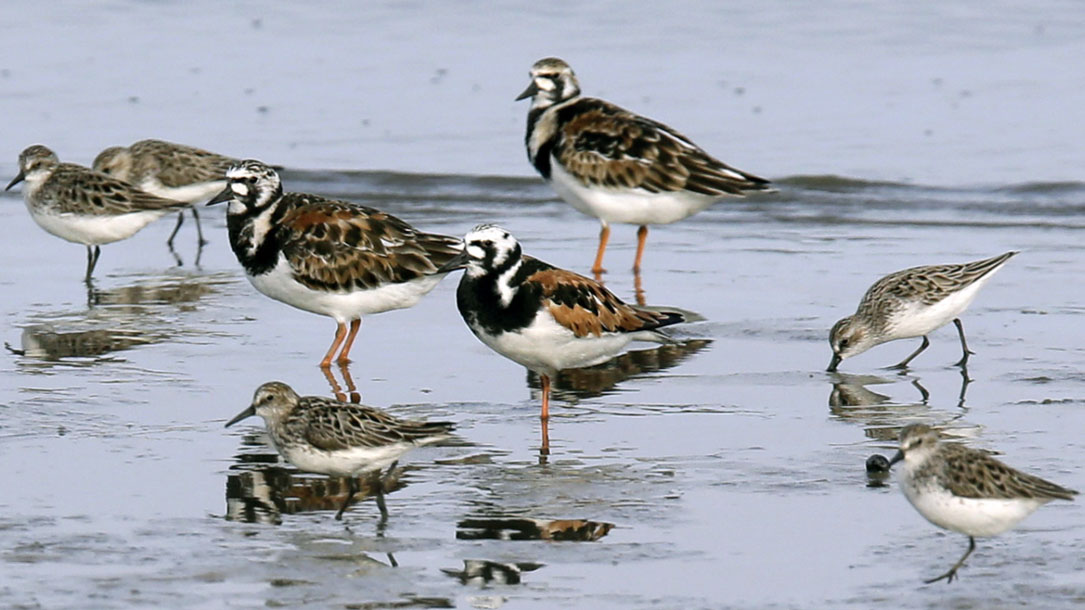
North America Has Lost 3 Billion Birds, Scientists Say
‘Over the past half-century, North America has lost more than a quarter of its entire bird population, or around 3 billion birds.
That’s according to a new estimate published in the journal Science by researchers who brought together a variety of information that has been collected on 529 bird species since 1970.
“We saw this tremendous net loss across the entire bird community,” says Ken Rosenberg, an applied conservation scientist at the Cornell Lab of Ornithology in Ithaca, N.Y. “By our estimates, it’s a 30% loss in the total number of breeding birds…”‘
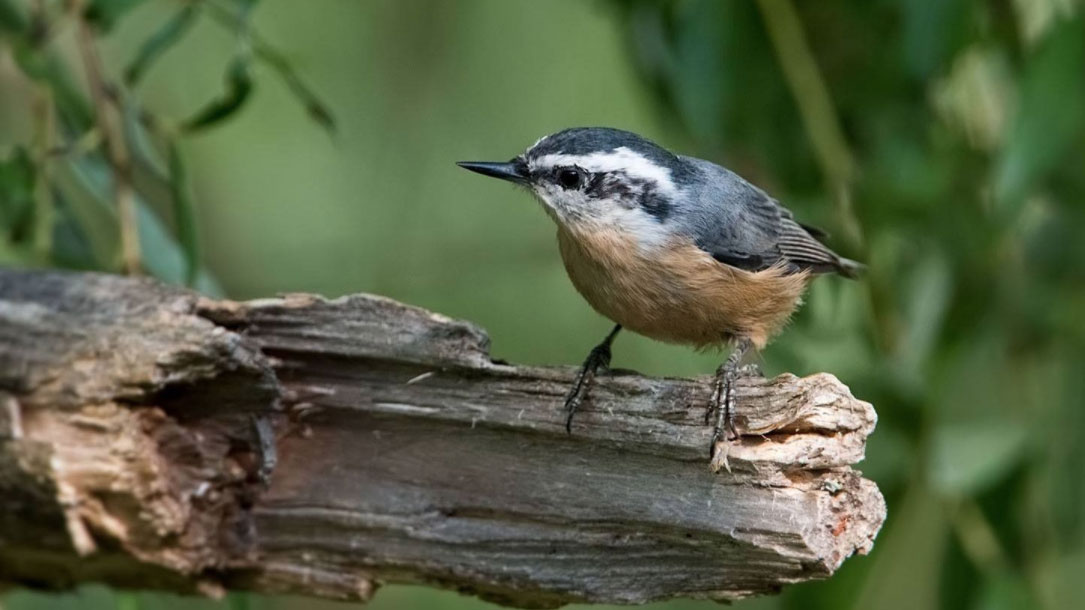
Most US birds are facing extinction unless we take action
Like the canary in the coal mine, birds foreshadow danger to humans. Our nation’s birds are facing more and greater threats to their survival than ever before.
A study published in September in Science journal documented that since 1970, North America has lost about 3 billion birds, more than one in four birds on the continent. The National Audubon Society just released a report, Survival by Degrees, finding that 389 bird species in North America are at risk of extinction due to climate change, and more vulnerable than ever from rising temperatures and climate-related events.
The report clarifies what can be done…

Carbon Dioxide Reaches Highest Recorded Levels In Human History
“We are in an unprecedented era, at no point in human history has carbon dioxide levels been this high, presenting concerning questions over what lies ahead.
This week the World Meteorological Organization published their yearly report on the “State of Greenhouse Gases in the Atmosphere,” compiling data up to 2018.
The report, unsurprisingly, found that carbon dioxide reached an all-time high in 2018 since pre-industrial amounts. The highest recorded measurement in 2018 was 415.70 ppm on May 15, 2019, higher than it has ever been during human history…”
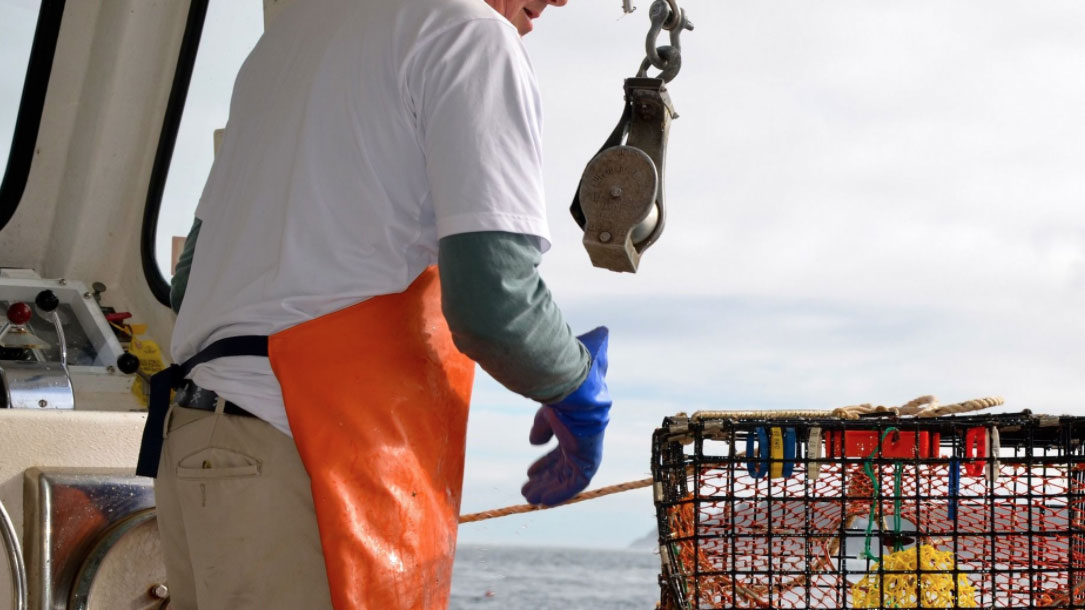
Mysterious Lobster Deaths In Cape Cod Raise Climate Change Concern
Last month, lobstermen in Cape Cod Bay hauled up something disturbing. In one section of the bay, all of their traps were full of dead lobsters. Research biologists went to work trying to solve the mystery, and what they found suggests we may see more of this as the climate changes…



